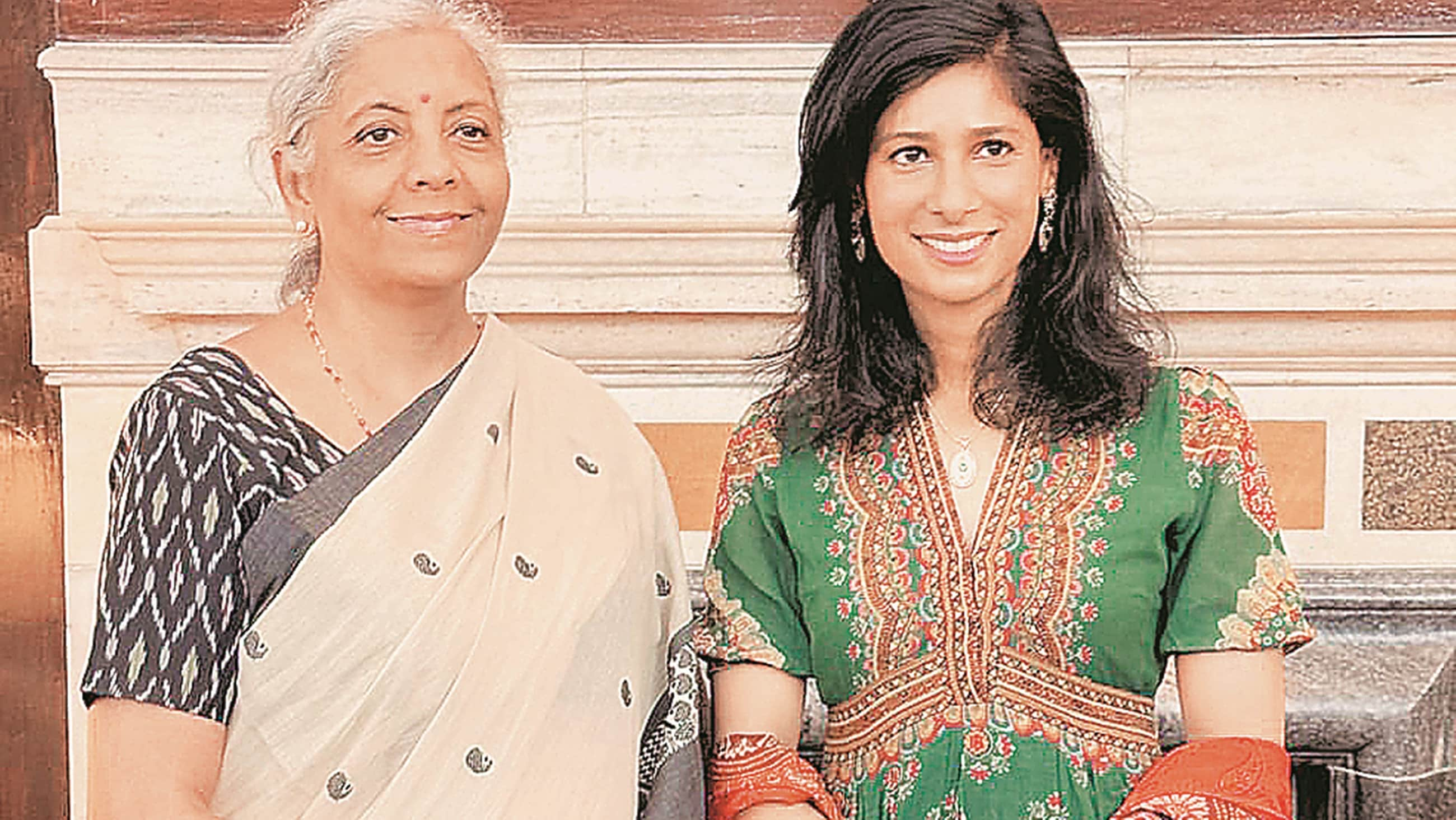 |
|
Gita Gopinath, the First Deputy Managing Director of the International Monetary Fund (IMF), has outlined a roadmap for India's transformation into a developed nation. She emphasizes the need for a multi-pronged approach, encompassing structural reforms, human capital development, infrastructure investment, and fiscal discipline. Gopinath's recommendations hold significant weight, given the IMF's expertise in global economic trends and policy analysis.
One of the key pillars of Gopinath's vision is the creation of a more skilled workforce. She highlights the disparity in formal education levels between India and its G20 counterparts, underscoring the need for quality education and skills training. A well-educated workforce is crucial for driving innovation, productivity, and economic competitiveness. This point echoes the emphasis on human capital development as a cornerstone of sustainable growth, recognized by many international organizations.
Gopinath also stresses the importance of infrastructure investment. While India has made strides in public infrastructure and digital infrastructure, she acknowledges a significant gap between current capabilities and future needs. Adequate infrastructure, including roads, railways, energy, and digital connectivity, is essential for facilitating economic activities, attracting investments, and improving living standards.
To bolster India's fiscal capacity, Gopinath advocates for raising the revenue-to-GDP ratio. She argues that reducing overall spending is not the solution, given India's developmental stage. Instead, she proposes a focus on revenue mobilization through measures such as simplifying the Goods and Services Tax (GST) system, broadening the tax base, and minimizing tax exemptions. A robust tax system that is equitable and efficient is crucial for funding public services, infrastructure development, and social safety nets.
Gopinath identifies land and labor reforms as critical enablers of growth. She recognizes the need for greater flexibility in the labor market, while also emphasizing the importance of protecting worker rights. The recent labor code reforms are a positive step, but effective implementation is key. Land reforms, aimed at improving land ownership and use, are also deemed essential for unlocking the potential of the agricultural sector and fostering entrepreneurship.
Further, Gopinath underscores the importance of trade liberalization and tariff reduction. She argues that India's high tariffs hinder its competitiveness and integration into global supply chains. Lowering tariffs would not only promote trade but also stimulate investment, create jobs, and enhance consumer welfare. This resonates with the growing international consensus on the benefits of free trade for economic growth and development.
Gopinath also emphasizes the critical role of women's labor force participation. She highlights the low participation rate in India, emphasizing that increasing this rate is crucial for achieving high-income status. To facilitate women's entry and retention in the workforce, Gopinath underscores the need for a safe and supportive environment. This includes measures to address gender-based violence, provide affordable childcare, and promote gender equality in the workplace.
In conclusion, Gopinath's recommendations offer a comprehensive framework for India's economic transformation. The focus on structural reforms, human capital development, infrastructure investment, fiscal discipline, and trade liberalization aligns with best practices for achieving sustained and inclusive growth. By embracing these reforms, India can unlock its immense potential and emerge as a global economic powerhouse.
Source: India needs more reforms; fewer GST rates will raise revenue: IMF’s Gopinath
